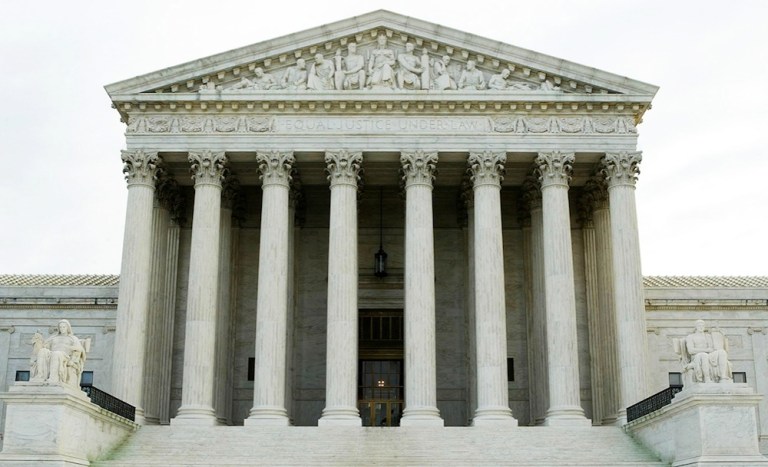Supreme Court Rules On Merchant Free Speech And Swipe Fees

Retailers have gotten an official clarification from the U.S. court of last resort regarding what their first amendment rights are when it comes to talking to customers about the swipe fees they pay for accepting cards.
The U.S. Supreme Court ruled yesterday (March 29) that First Amendment free speech protections apply when making a decision as to how merchants are allowed to disclose the effect that interchange fees have on pricing for their end-user customers. New York State law, as well as the law in nine other states, tacitly implies that retailers are barred from advertising or disclosing that card purchases of all stripes are subject to a 2 to 3 percent surcharge.
The court has ruled that such rules are violations of free speech and the First Amendment rights of citizen retailers.
“Today’s ruling is a clear stand in favor of the free speech protections of the First Amendment,” the National Retail Federation’s (NRF) Senior VP and General Counsel Mallory Duncan said. “The nation’s highest court has recognized that whether a merchant chooses to communicate credit card fees through a surcharge or through a cash discount is a matter of speech.”
The ruling, according to the NRF, will allow retailers to more clearly communicate the effects the fees have on raising the prices on goods and services.
“Most retailers have no desire to surcharge their customers for using credit cards,” Duncan said. “That would be the opposite of our industry’s goal of bringing credit card swipe fees under control. But merchants do want to be able to show customers the cost of using a credit card without running afoul of the law.”



